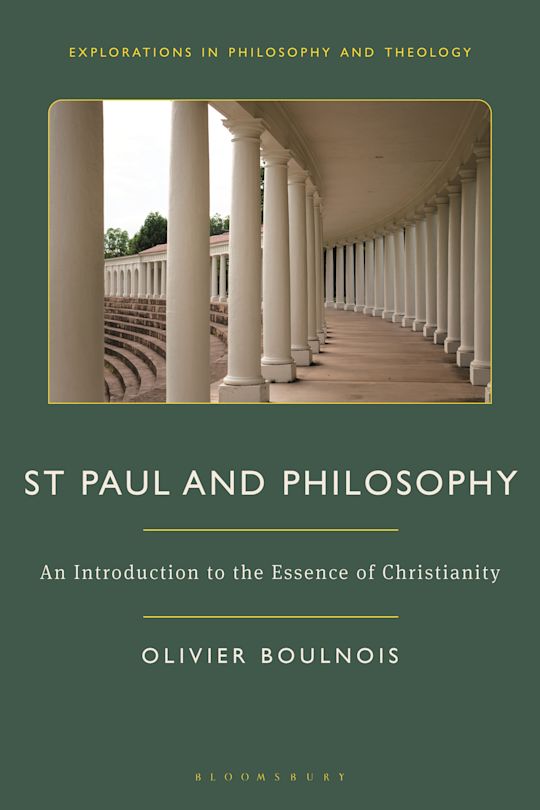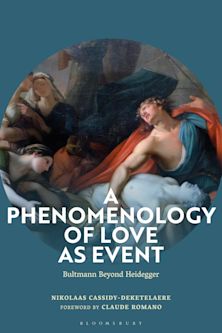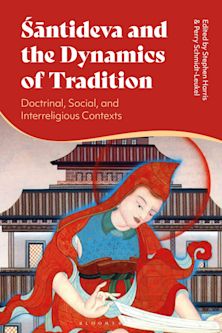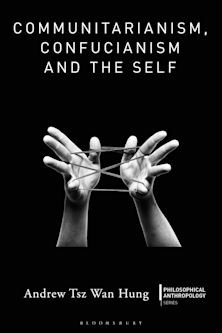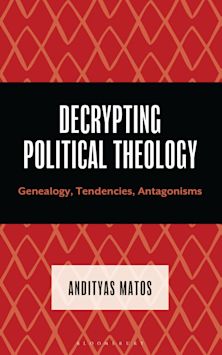St Paul and Philosophy
An Introduction to the Essence of Christianity
St Paul and Philosophy
An Introduction to the Essence of Christianity
This product is usually dispatched within 10-14 days
- Delivery and returns info
-
Free UK delivery on orders £30 or over
Description
Olivier Boulnois investigates the relation between Paul, as apostle of Jesus Christ, and the philosophy at work in his letters. Boulnois lays bare the manner in which Paul adapts Greek thought to his own purposes. This sheds light on the work of an entire range of philosophers who have identified themselves with the Pauline effort to hold thinking open to the claims of Christian life and doctrine, from Augustine to Kierkegaard, as well as more recent figures who have engaged Paul from a greater distance, including Heidegger and Ricoeur. Boulnois also draws on modern and contemporary scholarship, and reveals his reservations about the turn to Paul appearing in European philosophy in the work of such thinkers as Agamben and Badiou. Successive chapters take up Paul's logic of the Cross; cosmology; approaches to being in the world, law, evil and good; messianism; salvation and history.
Originally delivered as a series of lectures at Cambridge and at the Institut Catholique de Paris, St Paul and Philosophy is at once a painstaking study of Paul's own thinking and an open exploration of its continued relevance for modern and contemporary reflection on Christian religion. This book is an important demonstration that theology and philosophy are at their best when brought into dialogue with one another around perennial questions and themes.
Table of Contents
Introduction
1. Logos: The Wisdom of the Cross (1 Corinthians 1)
2. Cosmos: The Time of the End (1 Thessalonians)
3. Ethos (1): The Use of the World and the Suspension of Differences (1 Corinthians 7)
4. Ethos (2): Law, Powerlessness and Judaism (Romans 7)
5. Ethos (3): The Empire of Evil and the Overflow of Good (Romans 5)
6. The Messiah and the I (Galatians 2)
7. The 'Mystery of Evil' and the Secret of History (2 Thessalonians)
Conclusion
References
Index
Product details

| Published | 11 Dec 2025 |
|---|---|
| Format | Hardback |
| Edition | 1st |
| Extent | 160 |
| ISBN | 9781350469976 |
| Imprint | Bloomsbury Academic |
| Illustrations | 0 |
| Dimensions | 234 x 156 mm |
| Series | Explorations in Philosophy and Theology |
| Publisher | Bloomsbury Publishing |
Reviews

ONLINE RESOURCES
Bloomsbury Collections
This book is available on Bloomsbury Collections where your library has access.









